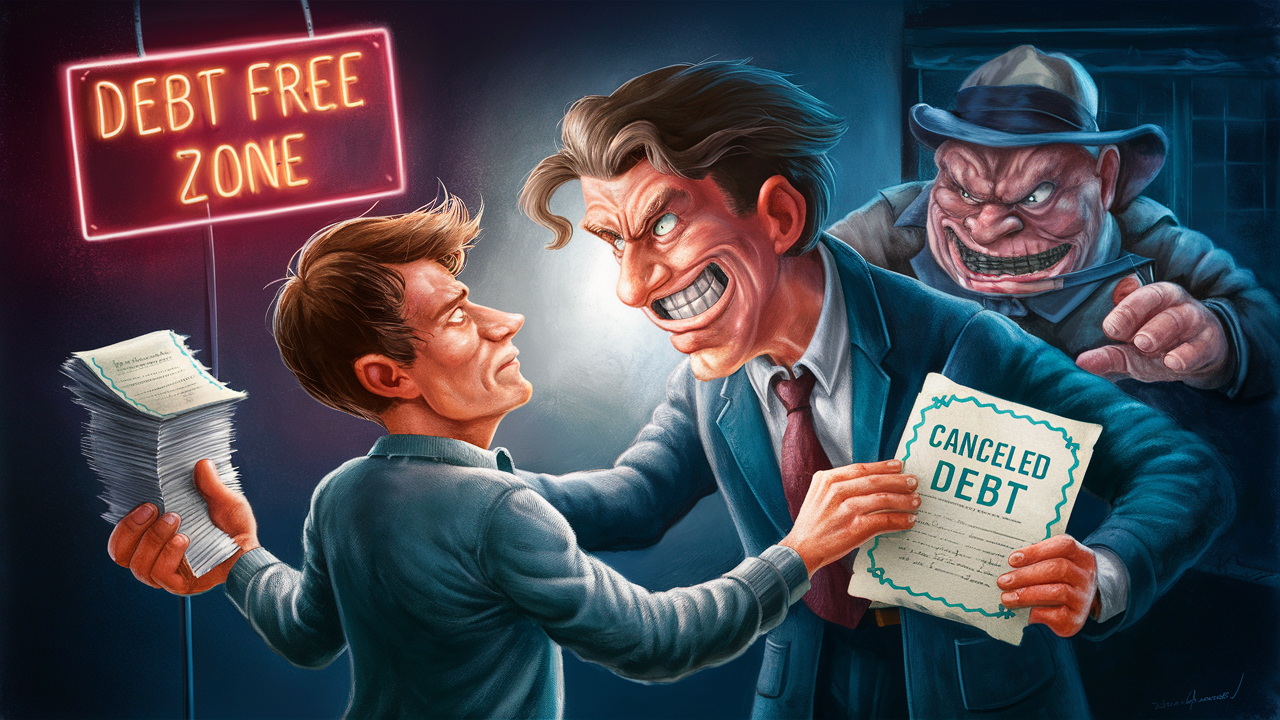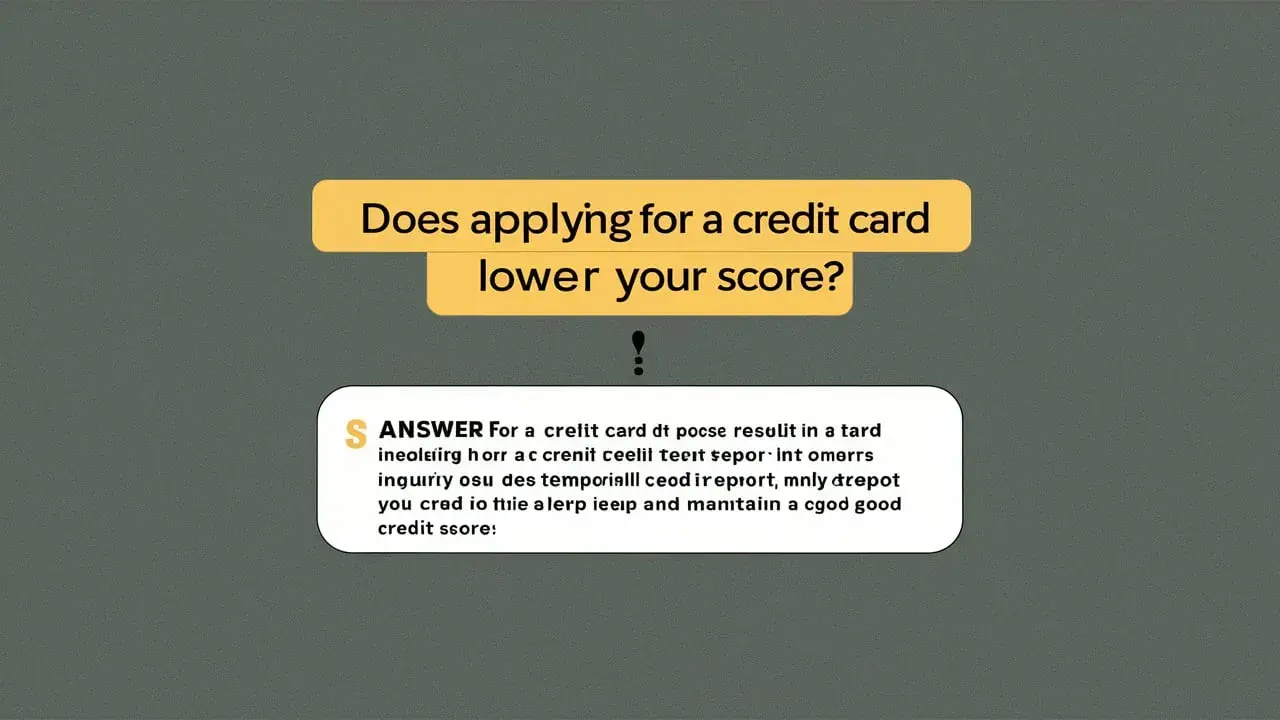-
Posted on: 24 Jul 2024

-
Dealing with debt collectors can be incredibly stressful. The constant calls, letters, and the sheer anxiety of owing money can push anyone to want to simply pay up and be done with it. However, making a payment to a debt collector without careful consideration can sometimes be the worst thing you can do. This article will explain why you should *never* pay a debt collector without first understanding your rights and taking specific steps to protect yourself. It's not about avoiding legitimate debts; it's about ensuring you're not being taken advantage of and that you're paying what you legally owe, and only if you legally owe it.
The Importance of Understanding Debt Collection Practices
Debt collection is a business, and like any business, it's driven by profit. Debt collectors often purchase debts for pennies on the dollar, meaning they can make a significant profit even if they collect only a small portion of the original amount. This profit motive can lead to aggressive and sometimes unethical collection tactics. Understanding the landscape of debt collection, particularly the Fair Debt Collection Practices Act (FDCPA), is your first line of defense.
What is the Fair Debt Collection Practices Act (FDCPA)?
The FDCPA is a federal law that protects consumers from abusive, unfair, and deceptive debt collection practices. It applies to third-party debt collectors, meaning companies that collect debts on behalf of others. It does *not* generally apply to the original creditor (like a bank you owe directly). Here are some key provisions of the FDCPA:
- Debt collectors cannot harass you. This includes calling you repeatedly, calling you at unreasonable hours (generally before 8 AM or after 9 PM), or using abusive language.
- Debt collectors cannot make false or misleading statements. This includes misrepresenting the amount of the debt, claiming to be an attorney when they are not, or threatening legal action they cannot or do not intend to take.
- Debt collectors must provide you with certain information about the debt. Within five days of their initial communication, they must send you a written notice containing: the amount of the debt, the name of the creditor, and a statement that you have 30 days to dispute the debt.
- You have the right to dispute the debt. If you dispute the debt in writing within 30 days, the debt collector must cease collection efforts until they provide you with verification of the debt.
Reasons Why You Should Hesitate Before Paying
There are several compelling reasons to pause and investigate before handing over any money to a debt collector:
1. The Debt Might Not Be Yours
Mistakes happen. Debt collectors sometimes pursue the wrong person due to errors in record-keeping or identity theft. Before paying, verify that the debt is actually yours. Ask yourself:
- Do you recognize the name of the creditor?
- Does the amount of the debt seem accurate?
- Have you ever had an account with this creditor?
If you have any doubts, dispute the debt immediately.
2. The Debt May Be Time-Barred (Statute of Limitations)
Every state has a statute of limitations on debt. This is the time limit within which a creditor can sue you to collect a debt. The length of the statute of limitations varies by state and type of debt, but it's typically between three and ten years. After the statute of limitations expires, the debt is considered "time-barred."
Important: Paying even a small amount on a time-barred debt can revive it. This means the statute of limitations starts all over again, and the debt collector can then sue you. This is a critical reason to avoid paying without knowing the age of the debt.
3. The Debt Collector May Not Have the Legal Right to Collect
Debt collectors often buy debts from original creditors. To legally collect, they must have the proper documentation proving they own the debt and have the right to pursue collection. They need to demonstrate a clear chain of ownership and provide evidence of the original debt agreement.
If they cannot provide this documentation, they may not have the legal authority to collect the debt.
4. The Amount of the Debt May Be Incorrect
Debt collectors sometimes add fees, interest, or other charges to the original debt amount. These charges may not be valid or permissible. Before paying, verify the original debt amount and any added fees to ensure accuracy.
5. You May Be Able to Negotiate a Lower Settlement
Debt collectors are often willing to negotiate a settlement for less than the full amount owed. This is because they purchased the debt for a fraction of its original value. You may be able to negotiate a significant discount, especially if you can pay a lump sum. However, get any settlement agreement *in writing* before making any payment.
6. Paying Could Restart Negative Reporting on Your Credit Report
While paying off a debt *generally* improves your credit over time, an older debt, especially one near the 7-year mark for negative reporting, can be negatively impacted. By paying, you could inadvertently reset the clock and keep the negative mark on your credit report longer. This is particularly relevant for debts close to falling off your credit report.
Steps to Take Before Paying a Debt Collector
Instead of immediately paying a debt collector, follow these steps to protect yourself:
1. Demand Debt Validation
The most crucial step is to send a debt validation letter to the debt collector within 30 days of their initial communication. This letter requests verification of the debt. A sample debt validation letter can easily be found online. Your letter should include:
- A statement that you are disputing the debt and requesting validation.
- A request for the name and address of the original creditor.
- A request for a copy of the original contract or agreement that created the debt.
- A request for documentation showing the debt collector has the legal right to collect the debt.
- A request for an accounting of the debt, including the original amount, any added fees, and any payments made.
Send the letter via certified mail with return receipt requested, so you have proof that the debt collector received it.
2. Review the Debt Validation Information
Once the debt collector provides the requested documentation, carefully review it. Look for any inconsistencies, errors, or missing information. Does the name and address match yours? Is the amount correct? Is there a clear chain of ownership of the debt?
If the documentation is incomplete or inaccurate, continue to dispute the debt in writing.
3. Check Your Credit Report
Obtain a copy of your credit report from each of the three major credit bureaus (Equifax, Experian, and TransUnion). You are entitled to a free credit report from each bureau once per year through AnnualCreditReport.com. Verify that the debt listed by the collector matches the information on your credit report. If the debt is not listed, or if the information is incorrect, you can dispute it with the credit bureau.
4. Determine the Statute of Limitations
Research the statute of limitations for the type of debt in your state. This information is readily available online. If the debt is time-barred, you may not be legally obligated to pay it. Be extremely cautious about making any payments or acknowledging the debt in writing, as this could revive the statute of limitations.
5. Negotiate a Settlement (If Appropriate)
If the debt is valid, you owe it, and it is not time-barred, you may want to negotiate a settlement with the debt collector. Start by offering a lower amount than what they are demanding, and be prepared to negotiate. Get any settlement agreement in writing *before* making any payment. The written agreement should clearly state the amount you will pay, the payment schedule, and that the debt will be considered settled in full upon completion of the payments.
6. Understand the Credit Reporting Implications
Before paying, consider the impact on your credit report. If the debt is already negatively impacting your credit, paying it off *may* improve your score over time. However, as mentioned earlier, be cautious about paying very old debts, as this could restart the clock on negative reporting.
7. Consider Legal Advice
If you are dealing with aggressive debt collectors, have complex debt issues, or are unsure of your rights, consider seeking legal advice from an attorney specializing in debt collection defense. They can provide guidance on your specific situation and help you navigate the legal complexities.
Debt Collection Scams to Watch Out For
Unfortunately, debt collection scams are common. Be wary of the following red flags:
- Threats of immediate arrest or legal action. Debt collectors cannot threaten to arrest you or garnish your wages without a court order.
- Refusal to provide written documentation. Legitimate debt collectors will provide you with written verification of the debt upon request.
- Demands for payment via unusual methods. Be cautious if a debt collector demands payment via wire transfer, prepaid debit card, or other untraceable methods.
- Aggressive or abusive language. The FDCPA prohibits debt collectors from using abusive language or harassing you.
- Requests for sensitive information. Be extremely cautious about providing your Social Security number, bank account details, or other sensitive information to a debt collector you are unsure about.
If you suspect you are dealing with a scam, report it to the Federal Trade Commission (FTC) and your state's Attorney General.










